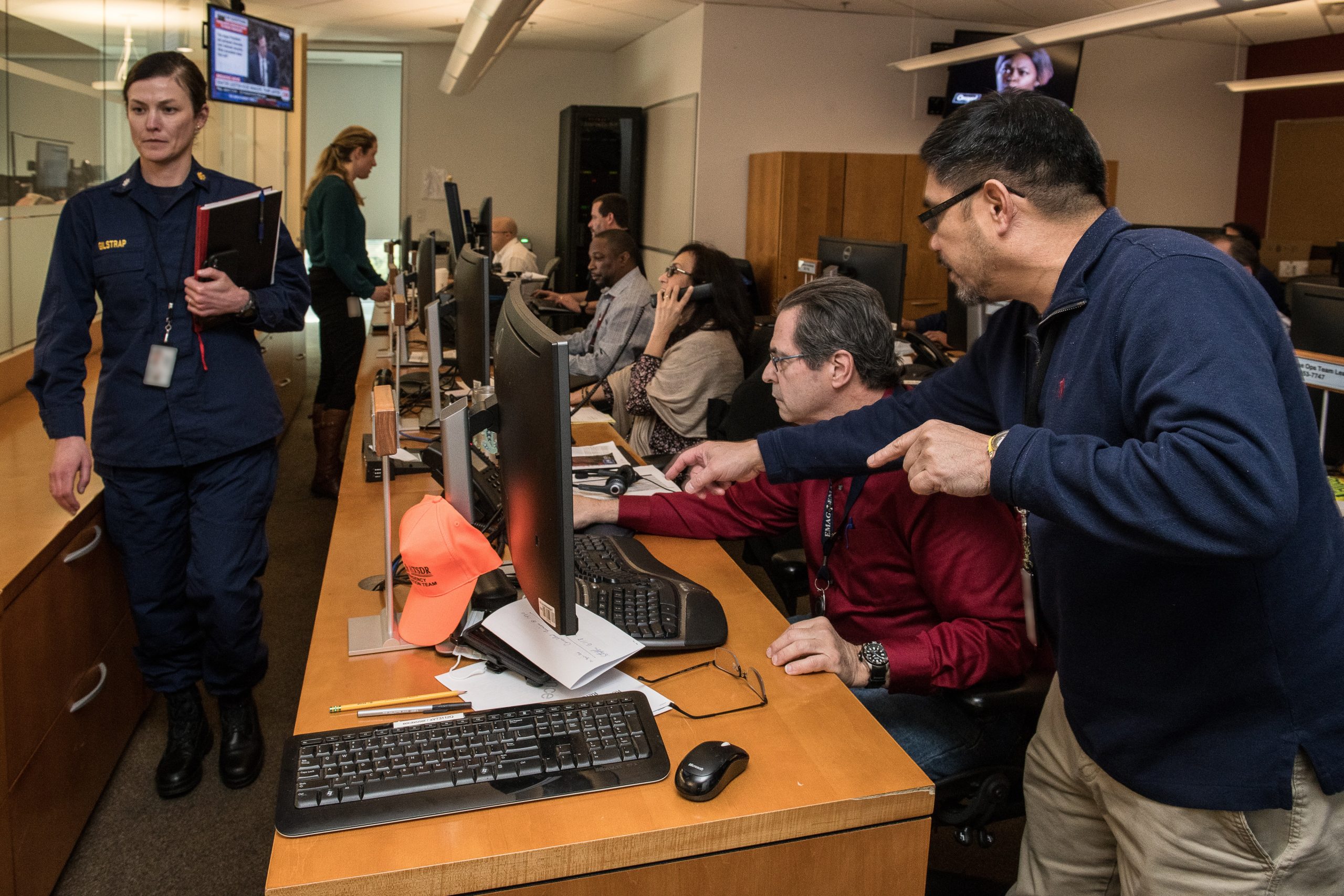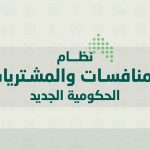Overview:
Professional facilities management is the process of planning, organizing, maintaining, and operating facilities and buildings to ensure a safe and efficient working environment. It encompasses a range of activities, including building maintenance, resource management, and performance improvement, contributing to increased productivity and cost reduction. Facilities management is essential across various sectors, including government institutions, private sectors, healthcare, and education.
Course Objectives:
- Understanding Facilities Management Principles: Provide participants with a comprehensive understanding of the concepts and fundamentals of facilities management.
- Enhancing Maintenance and Operations Skills: Develop participants’ skills in effectively maintaining and operating facilities.
- Applying Facilities Management Strategies: Teach participants how to develop effective strategies for facilities management and performance enhancement.
- Managing Financial Resources: Provide knowledge on managing budgets and financial resources related to facilities.
- Improving Security and Safety: Equip participants with the necessary knowledge to ensure the safety of buildings and facilities.
Training Content:
- Introduction to Facilities Management: Definition of facilities management and its importance in various work environments.
- Facilities Planning: How to plan facilities and necessary equipment to meet organizational needs.
- Building and Equipment Maintenance: Strategies for regular maintenance and how to manage emergency repairs.
- Safety and Security Management: Methods for ensuring the safety of buildings and facilities, including risk assessment and emergency management.
- Financial Resource Management: How to prepare budgets and estimate costs related to facilities.
- Modern Facilities Management Technologies: Overview of modern tools and techniques used in facilities management.
- Case Studies and Practical Examples: Analysis of case studies and practical examples from successful facilities management organizations.
Target Audience:
- Facilities Managers: Individuals looking to enhance their skills and knowledge in professional facilities management.
- Building Management Professionals: Those involved in managing and operating buildings and facilities.
- Engineers and Technicians: Individuals interested in developing their skills in facilities maintenance and operations.
- Employees in Government and Private Sectors: Those seeking to improve work environments and achieve operational efficiency.
- Recent Graduates: Individuals aspiring to enter the facilities management field and start their careers.






